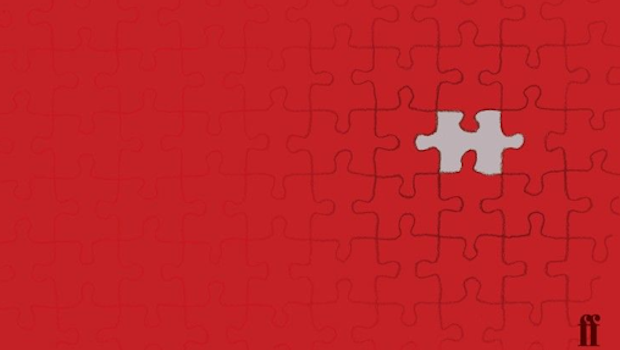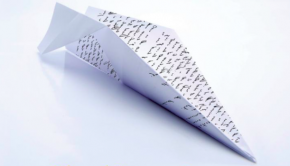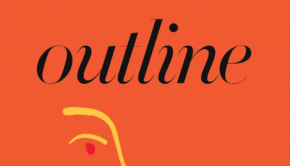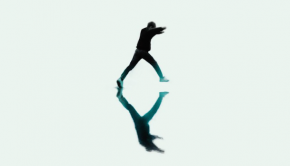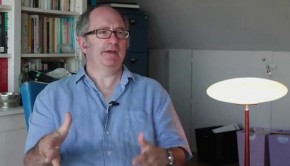Aftermath: On Marriage and Separation by Rachel Cusk
| Press reviews | Buy the book | Have your say |
Blurb: Using her own life as a starting point, Rachel looks at the issues that arise for a woman in the years after she has lived the defining experiences of feminity. She writes about marriage, separation, motherhood, work, money, domesticity and love. Cusk considers the kinds of generational knowledge the contemporary woman harbours, the terrors or expectations that have been passed down to her and that are refracted through the modern transformation of female status. (Faber & Faber, 2012)
Lisa Appignanesi, The Sunday Telegraph
“Unflinching and beautifully wrought … For Oedipus, Cusk feels a marked sympathy. “His story expresses what to me seems the central human tragedy, the fact that we lack knowledge of the very things that drive us to our fate. We do not fully know what it is that we do, and why.” This is the truth of Cusk’s narrative. If her probing is sometimes clinical, it is also full of beauty — the beauty of language struggling to reveal an experience which is complex and scored with doubts and pain.”
Julie Burchill, The Observer
“… settle down and get used to the idea that you’re going the scenic route, and a highly rewarding experience will be yours. Some say that Cusk has no sense of humour, but expecting giggles from this writer would be akin to expecting sonnets from Benny Hill. I was a little disappointed, though, that she doesn’t even attempt to capture the relief, joy and even wonder of divorce … on the whole, this is a predictably brilliant book.”
Frances Stonor Saunders, The Guardian
“The contradiction, the double-standard for which she is so energetically despised is not denied by her. It is mercilessly exposed and anatomised. That’s the point: behold the mess, the aftermath. She’s a narcissist? Undoubtedly. But then so are we, in our fury that she does not apologise or offer a smooth surface to reflect back an image of ourselves and the contracts we have entered into. The subject is I, not You.”
Jane Shilling, The New Statesman
“This is an intensely writerly book – highly wrought, allusive – in which everything, from a badly made cake to a bunch of flowers, represents something other than itself. Readers who admire the difficult discipline of self-scrutiny will find precision, beauty and a complicated truth in Cusk’s narrative. The censorious will enjoy it, too, for different reasons.”
Amanda Craig, The Independent
“Her exacting, cerebral treatment of such a highly-charged subject is what makes it of literary value, revealing how one of the pitfalls of modern family life remains “the human need for war.” … Ultimately, she seems to blame the “authority” of marriage as an institution rather than her husband or herself. The prurient will be disappointed, and the distressed, unenlightened. The concern for her fans is to what degree she has cannibalised herself as an artist.”
Isabel Berwick, The Financial Times
“Beautiful, difficult and thought-provoking … The (overwhelmingly female) critics of Cusk’s confessional books miss the point: she’s not out to be our friend. She is not seeking approval. We must accept her, if we do, simply as an extraordinary writer of the female experience. She puts into words what is normally consigned to the realm of the non-verbal.”
Read full reviewRead full review
Katie Law, The Evening Standard
“Cusk bangs on about truth and reality but never stops sounding wilfully, selfishly naive. It’s all about her, always … Towards the end … she takes up with a lover she calls Z, who sounds kind, decent and reasonable. After the book extract ran in the Guardian last week, some wit left the comment “Z mate, RUN!” and you can’t help thinking the commenter had a point. Still, this book must be read; it’s compelling for all the wrong reasons.”
Janice Turner, The Times
“Her greatest quality as a writer is that she does not care if you like her. Or maybe she doesn’t notice how ludicrous she can sound … Can only the divorced appreciate this book? Perhaps. But it ought to be read by those fantasising about leaving a marriage. Its humourlessness, claustrophobia and oestrogen-sodden gloom is enough to make any would-be errant unpack her case and pull her husband close.”
Camilla Long, The Sunday Times
“… while I know some readers will find comfort in her searing, elegaic words, and her “painfully honest” but extremely fetching dismemberment of personal despair, she leaves out too much narrative detail for me. She never explains why she and Clarke split up, only hinting that “an important vow of obedience had been broken”, or why he comes back, later, as X. There is very little about their history, or their conversations now. Instead, we have acres of poetic whimsy and vague literary blah, a needy, neurotic mandolin solo of reflections on child sacrifice and asides about drains. She can’t remember “what drove me to destroy the life I had”, or even explain why she wrote the book. This is a pity, as confessional writing is meant to be about truth — the whole truth.”
Joanna Biggs, The London Review of Books
“Cusk has put the vitriol down to people not being able to accept what she has to say. Maybe the problem isn’t what she has to say, but how she says it … As I read Aftermath and the jigsaw kept turning up — now as a metaphor for Cusk’s Anglo-American upbringing, now as a point of comparison with the symbolic, failed, birthday cake, now as an imaginary manifestation of her divorce carried ‘everywhere in my hands’ — I started to worry that the defining feature of the ‘feminist principle of autobiographical writing’ might be lack of clarity. There’s no point telling the truth if no one can understand you, or if they consistently misunderstand you.”
Buy the book
Amazon | Foyles | Hive | Waterstones
OMNISCORE:

